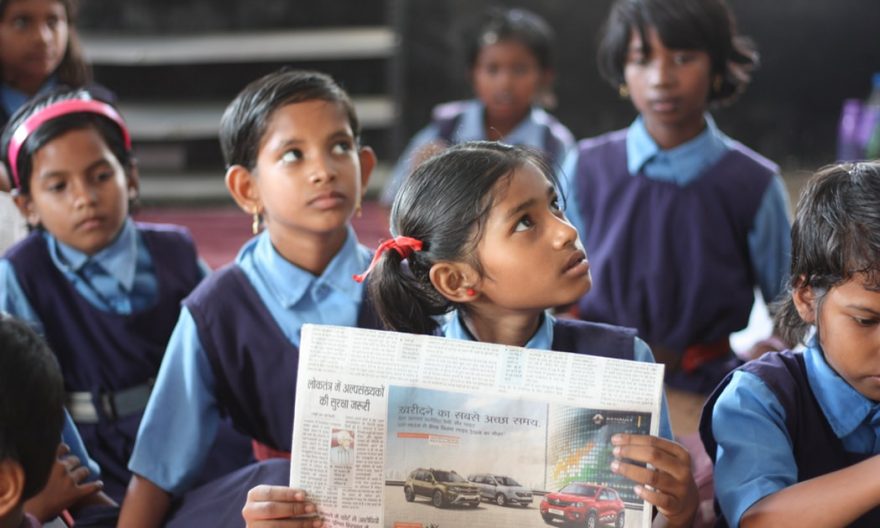
By Rustom Kerawalla
The foremost objective of the Goods and Services Tax is to create a uniform tax structure across the country. In education sector, there is an added responsibility towards quality with equity. This is where the GST Act tries to strike a fine balance with the introduction of certain exemptions or zero GST, considering that education is viewed as a social service and not as a business.
While indirect tax is levied on all goods and services, educational services and services related to higher education provided to students are covered under the GST exempt list. In this regard, pre-schools and higher secondary educational institutes, including private and government, are granted exemption from the GST.
READ I The New Education Policy: Twenty ideas that will shape India’s education system
Similarly, GST exemption is extended to the educational services such as assessment and examination fees, curriculum-related or course materials, excursion and field-trips (this does not include food supplied and accommodation provided on such trips), and student administrative services such as registration, printing of academic transcripts, issuing or replacement of student cards, late fee payments and administration of the library, among others.
While services provided by an educational institution have been kept out of the purview of GST, it is the opposite of the case when services are provided to an educational institution. The input or supply of services such as transportation (of students, faculty and staff), catering (including any mid-day meals scheme sponsored by the government), housekeeping and services relating to admission or conduct of examination to higher educational institutions invite the GST levy, which is to be borne by the higher educational institution.
READ I NEP 2020: Knowledge economy for the globalised world
In a similar way, while supply of books is exempt under GST, it is applicable to uniform, stationery, and other non-academic supplies. For example, while the GST on colouring books is nil, on exercise books, notebooks, and crayons it will be at 12% and pens and school bags will be at 18%. However coaching institutions set up for providing services related to competitive exams will attract GST up to 18%. Supplies provided by third parties, including musical instruments, computers, sports equipment and after-school activities offered directly by third parties also fall under the tax bracket.
On the other hand, the educational services provided by assessment agencies approved by the Sector Skill Council or the National Skill Development Corporation, National Skill Development Corporation set up by the government, Sector Skill Councils approved by the National Skill Development Corporation, and Training partners approved by the National Skill Development Corporation or the Sector Skill Council are also exempted from GST.
READ I Infrastructure status, priority lending to education hold key
The core idea to keep essential educational services out of the ambit of GST is to foster education to every child. However, there is a catch. In the current regime, GST credit – for the purchase of various materials and services – is not being set off and become a cost that invariably gets passed on to the parents. In this regard, GST should be made applicable to school fees and other receivables of the educational institution. By taking this into account, there will be less pressure on the total cost of education for the student.
The implementation of GST completed its third year on June 30, 2020 and has been largely successful in its aim so far. However, on certain grounds, especially in the education sector, there is still a need to reconsider points so that the uniform tax system further improves with time.
(The author of the article Mr Rustom Kerawalla is the Chairman of Ampersand Group.)
